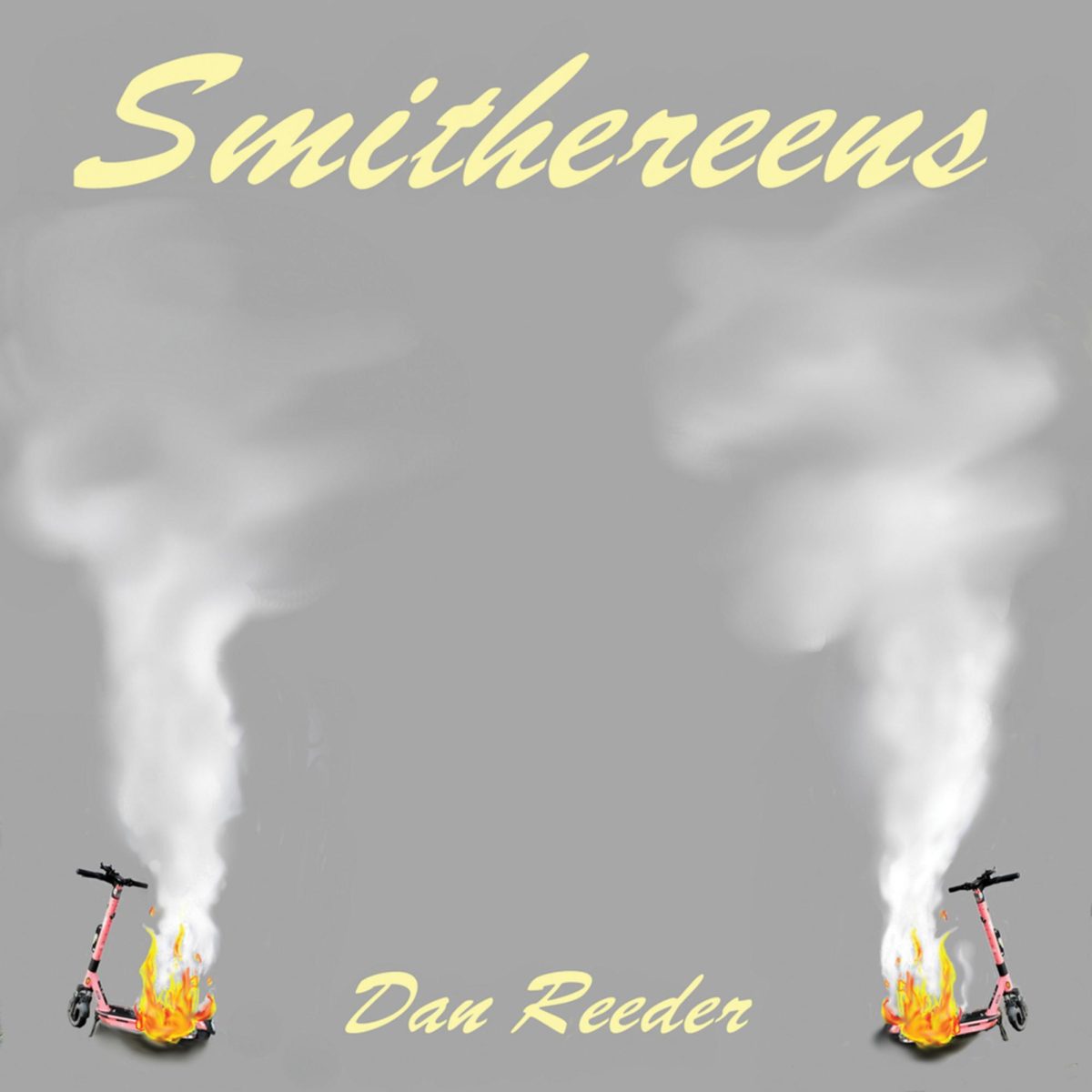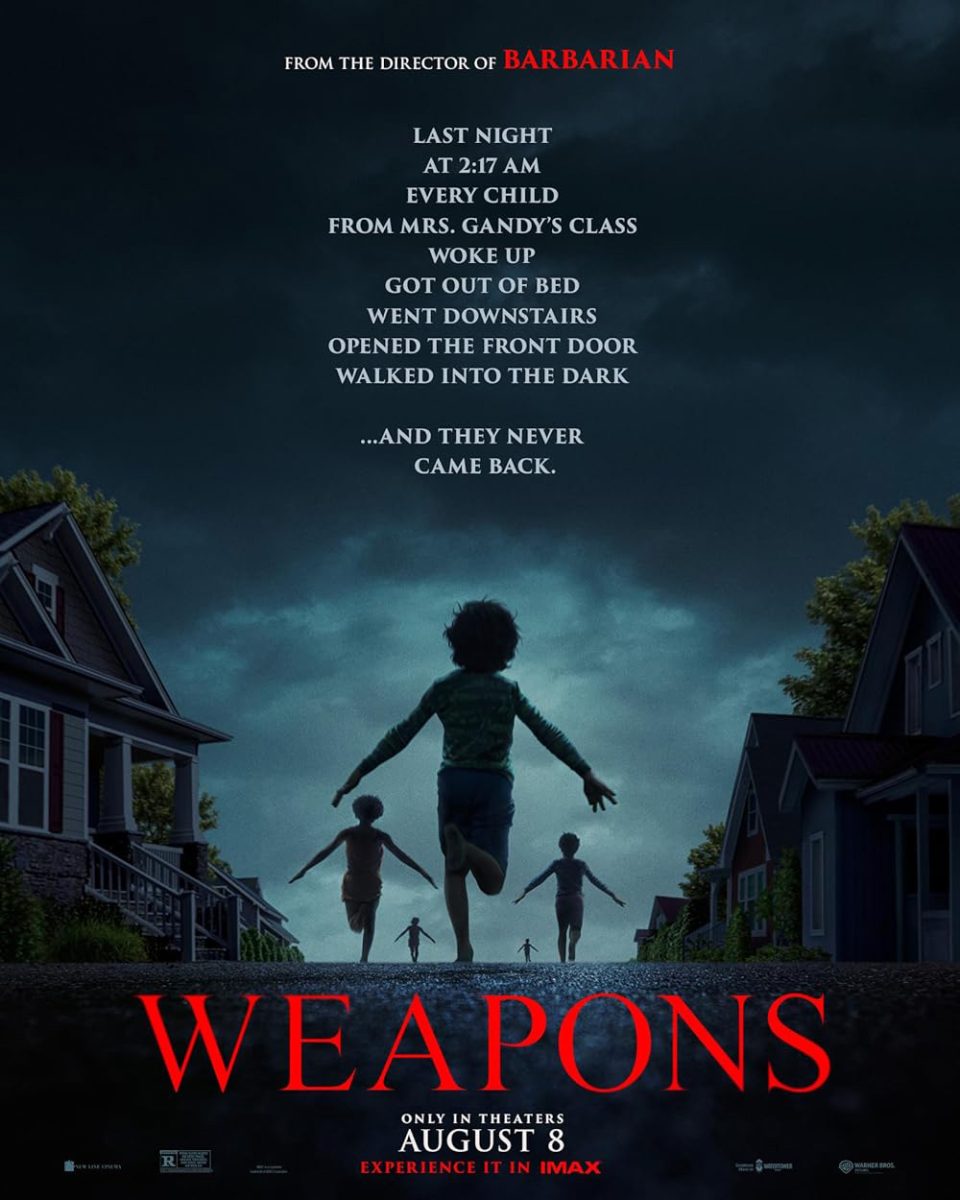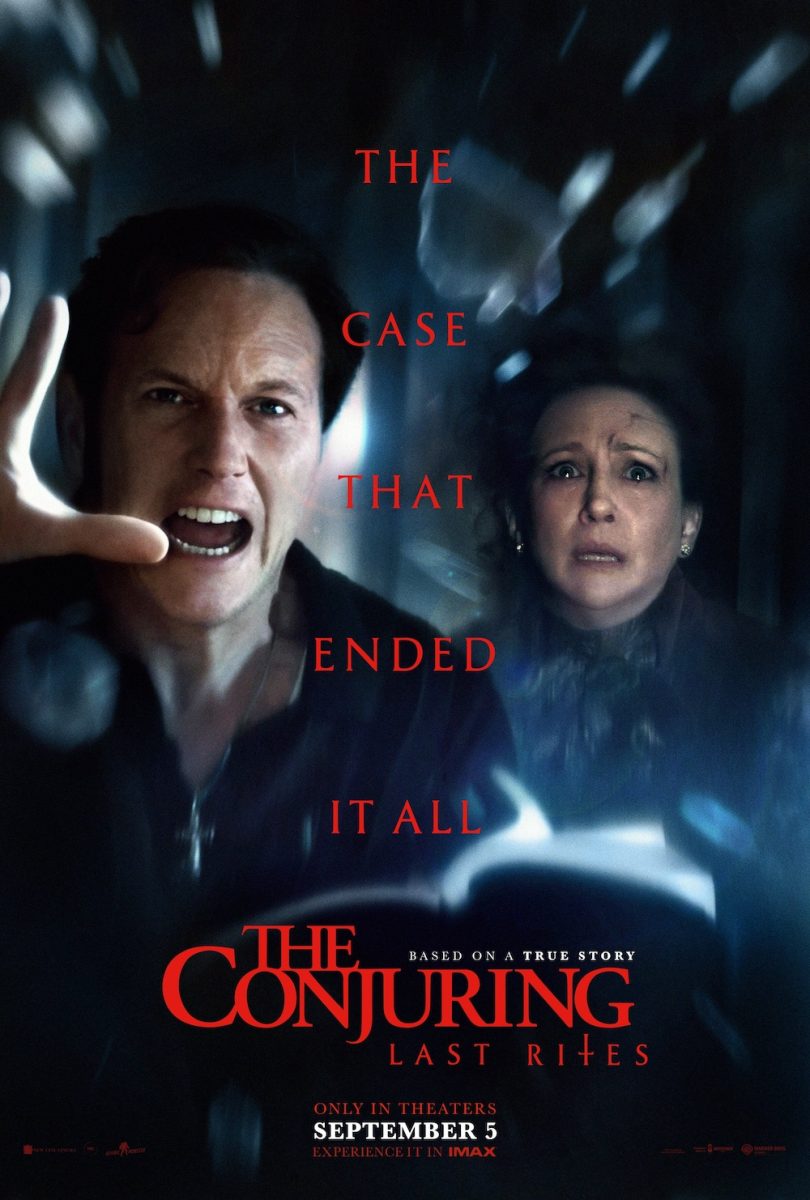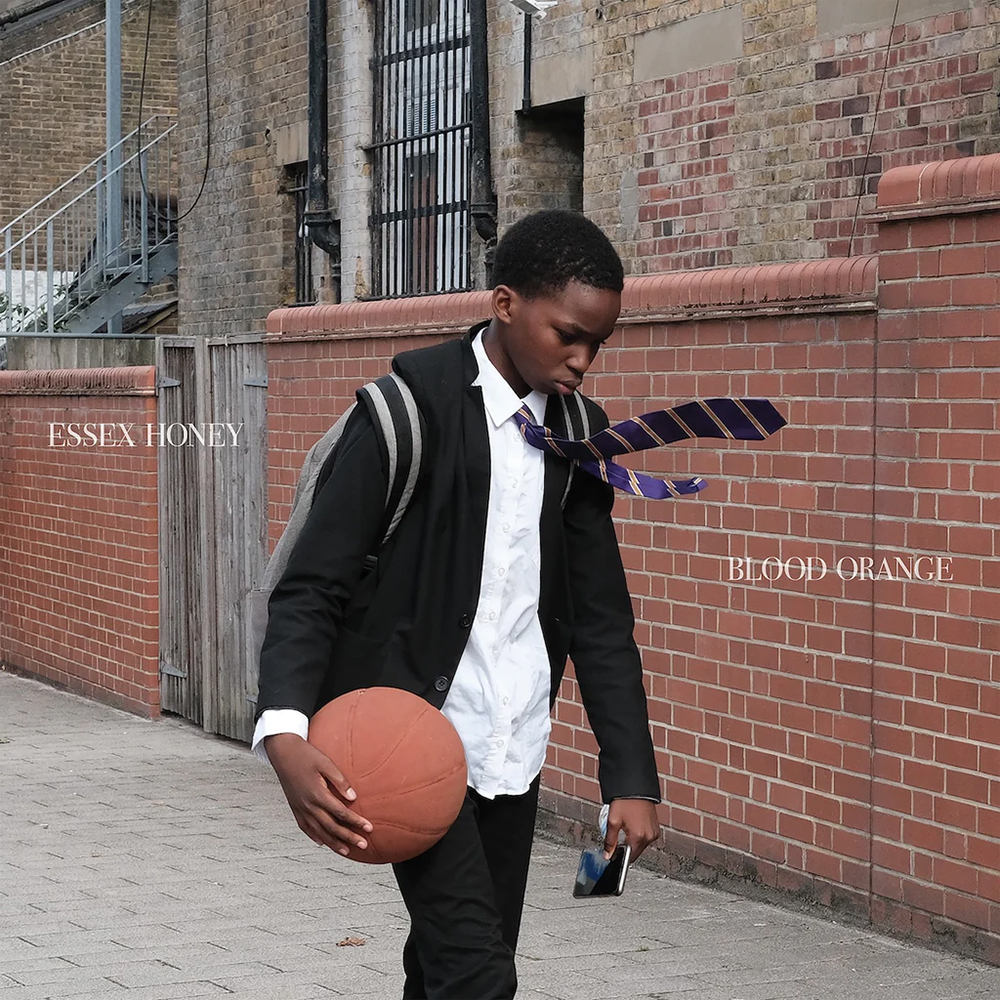Musician Dan Reeder began his career as a visual artist in Louisiana before doing a pivot to singing and songwriting following a move to Germany. Reeder engineers every step of his process: building his own microphones, instruments, computers and mixers, as well as designing his own album covers. With notable ingenuity and a strong starting point after being signed by John Prine’s well renowned record label. Reeder has solidified himself as a staple in acoustic folk. His latest album, Smithereens, released on Oct. 4, has an astounding 27 count tracklist that touches on themes of purpose, love and introspection.
Like the majority of Reeder’s songs, the twelfth track, “The best conversations” is repetitive and simple with a sentimental charm. This makes it really sweet and easy to play on long drives, while studying or as a quiet background theme. Throughout the album, Reeder writes from the heart, waxing poetic as he recalls stories, memories and experiences from his life. “The best conversations” cultivates an atmosphere of teenage apprehension:“We tried reclining in the electric seats in the car your dad calls his/But like so many things in this world/it looks better than it is.” Reeder has a unique voice, mumbling with a focus on rhythm–a bit Bob Dylan-esque. It is romantic and a subtle contrast to the other elements of the album.
The nineteenth track, “This hopeless world” is wistful, albeit a little gloomy, fit to be sung around a campfire: “And when I die, don’t bury me/Just drop my tombstone/Right on top of me/With my arms and legs sticking out/Like that cartoon we’ve all seen.” Braving a “hopeless world” is the mantra said over and over in this song. At first, this seems nihilistic, but after revisiting it a couple times, I believe that it’s more about accepting the imperfect. There must be a foundation of hope to begin with for a world to truly be without it, as shown in these lyrics: “I’m so ready/Ready to take on this hopeless world/I got an urban dictionary/I got an MPC/So I can be young/if I want to be.” This track is incredible because it is very narrative. If Reeder is anything, he is a storyteller. “This hopeless world” has Reeder laying himself bare: at least he took on the world; at least he is not hiding.
Overall, I would label this record as more of a mixtape. Most tracks don’t touch past two minutes and aren’t abundantly lyrical. It’s hard to express how great Smithereens is in words because the instruments are entirely what carries it. This is why, above all else, the only recommendation I have is to listen to this album. Reeder’s past projects are much more pointed and less nuanced, which is why I think Smithereens is a magnum opus collection of areas in which the singer shines: it is an outlet for full creative freedom. The sheer amount of tracks was intimidating at first, but I grew to appreciate Reeder’s originality.Many songs are unlike anything I’ve ever heard, with a clear Prine influence. A true collage of Reeder’s strengths.









